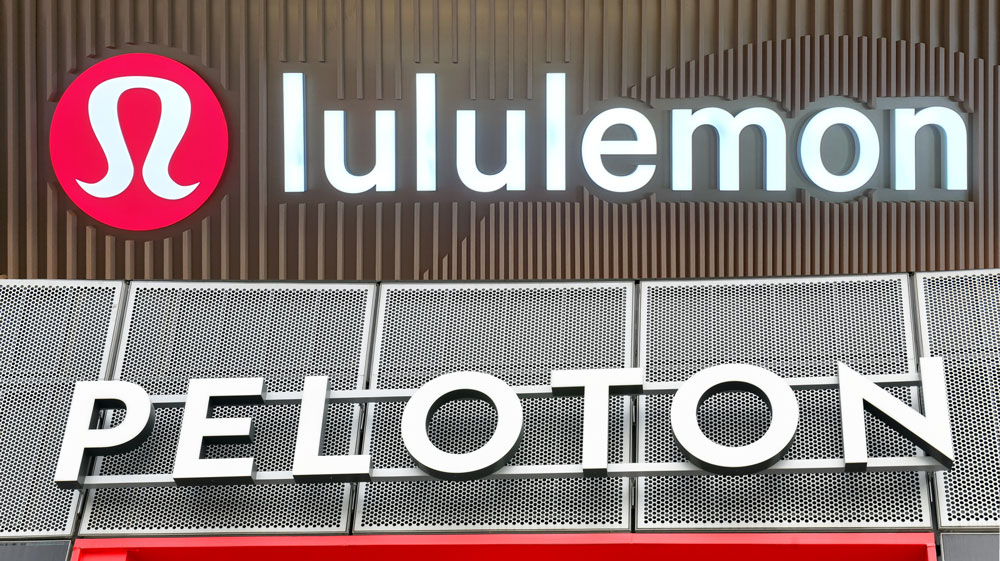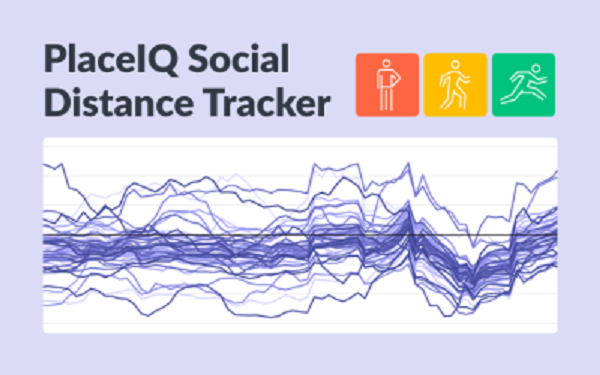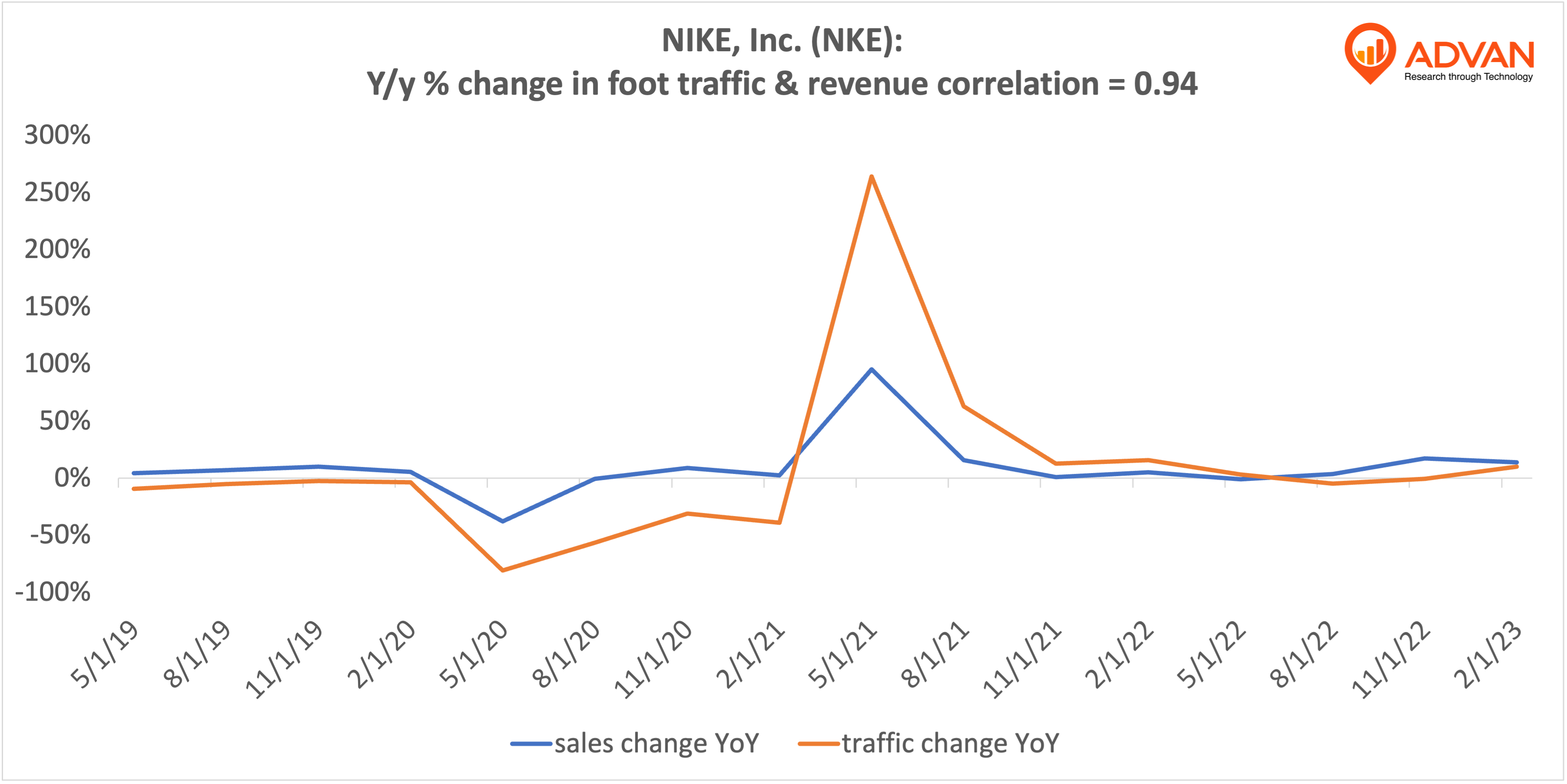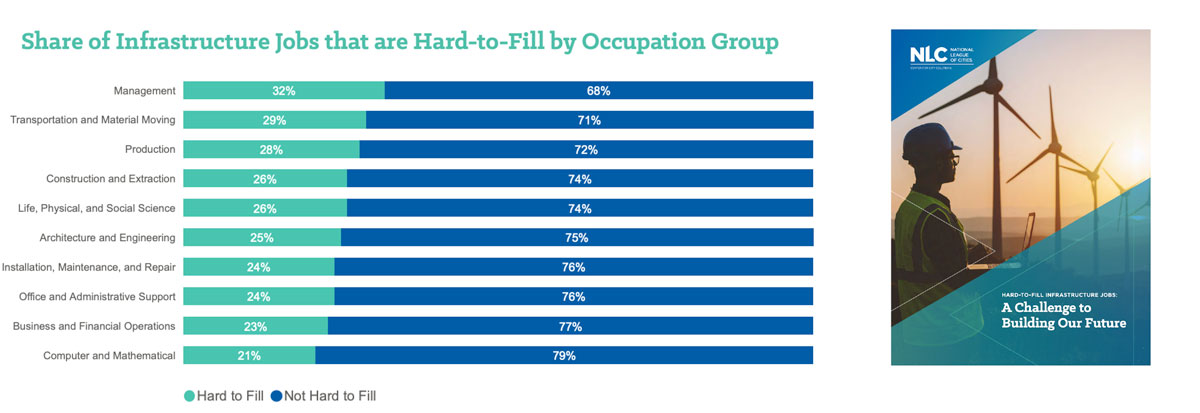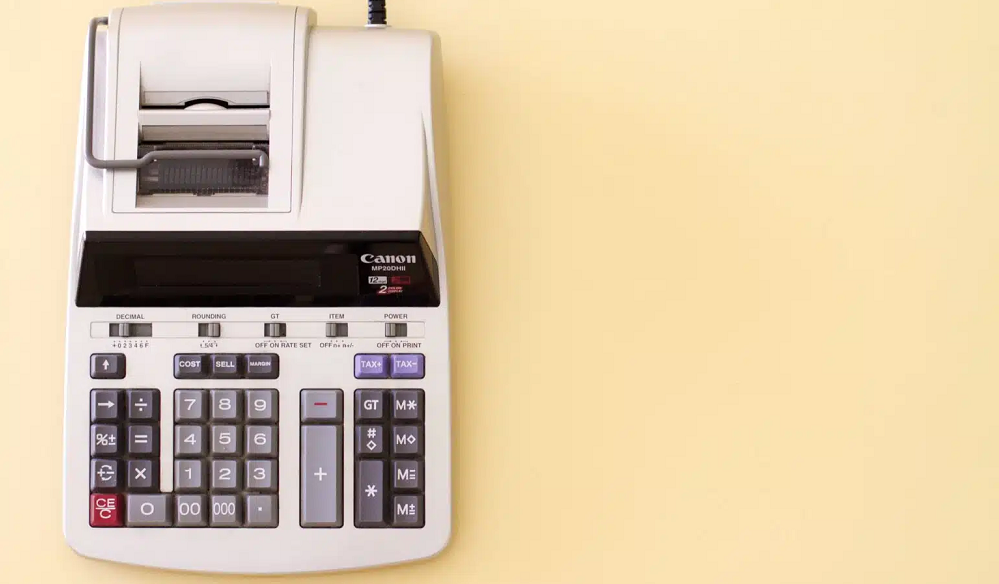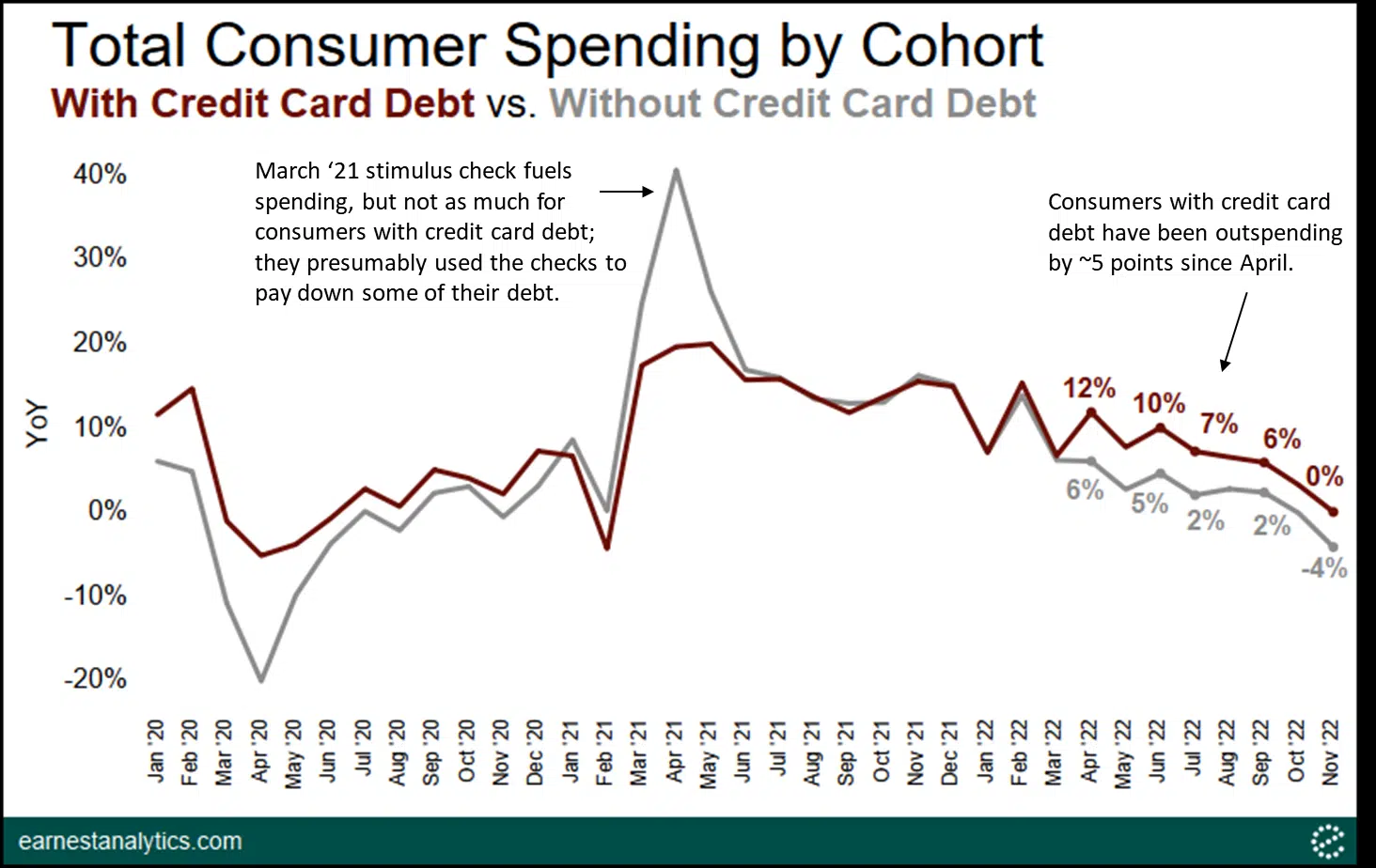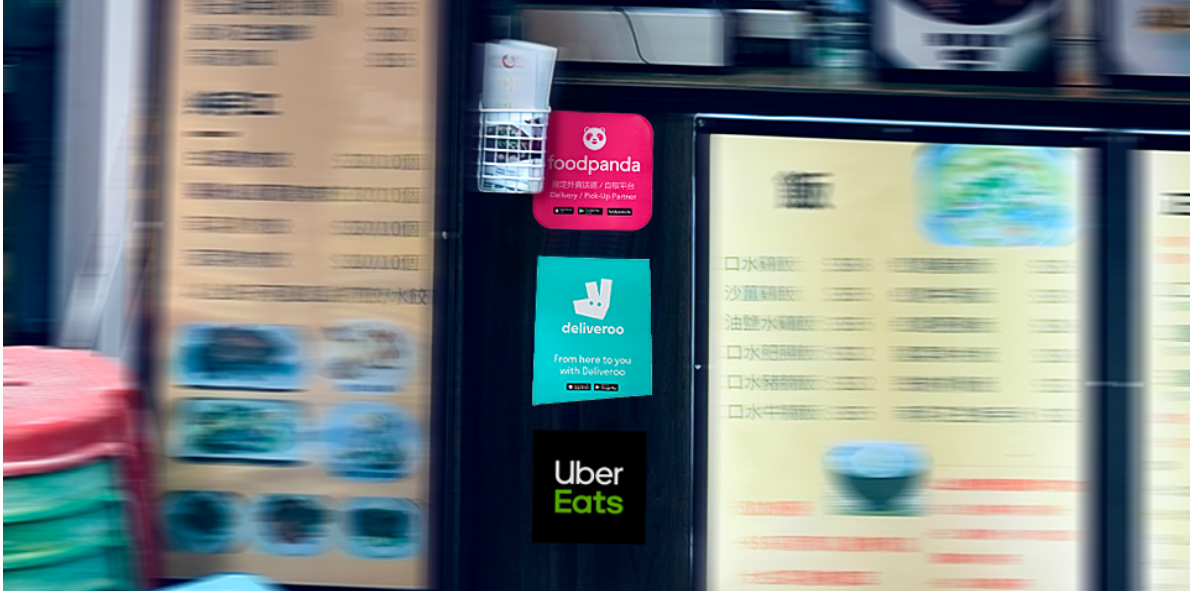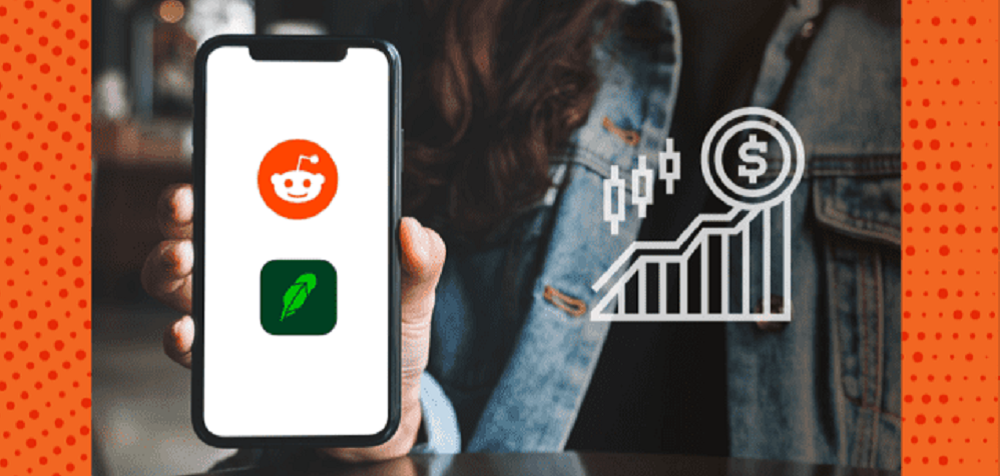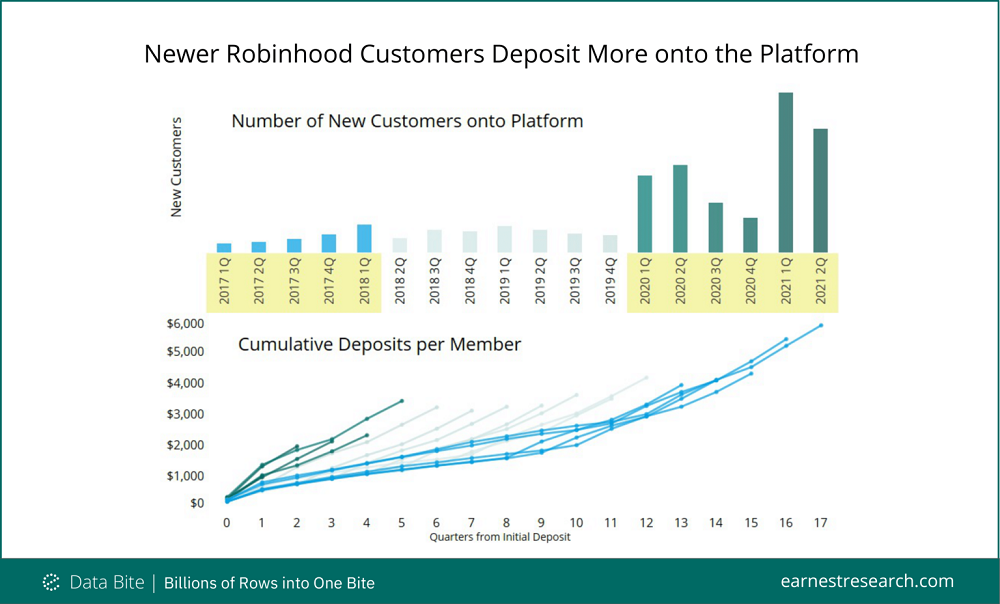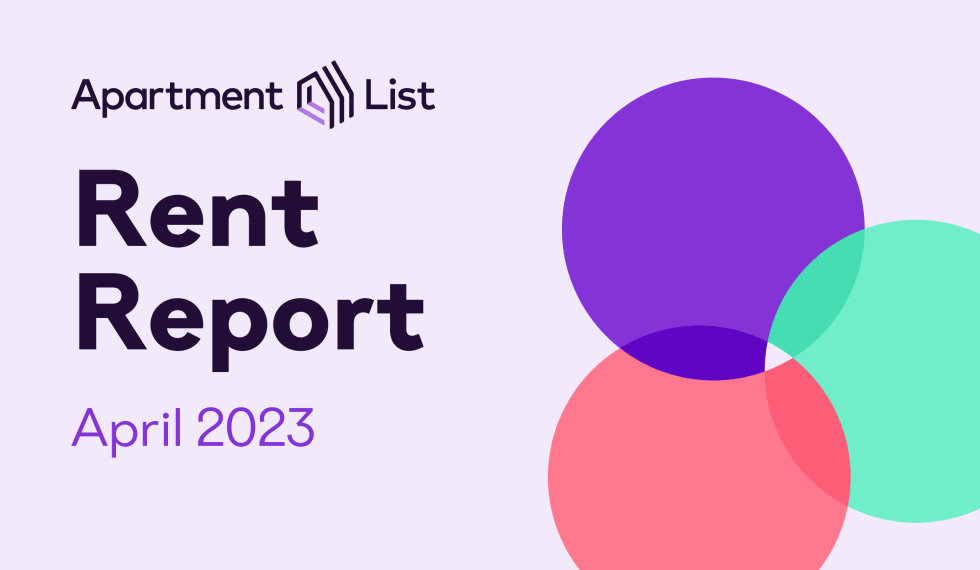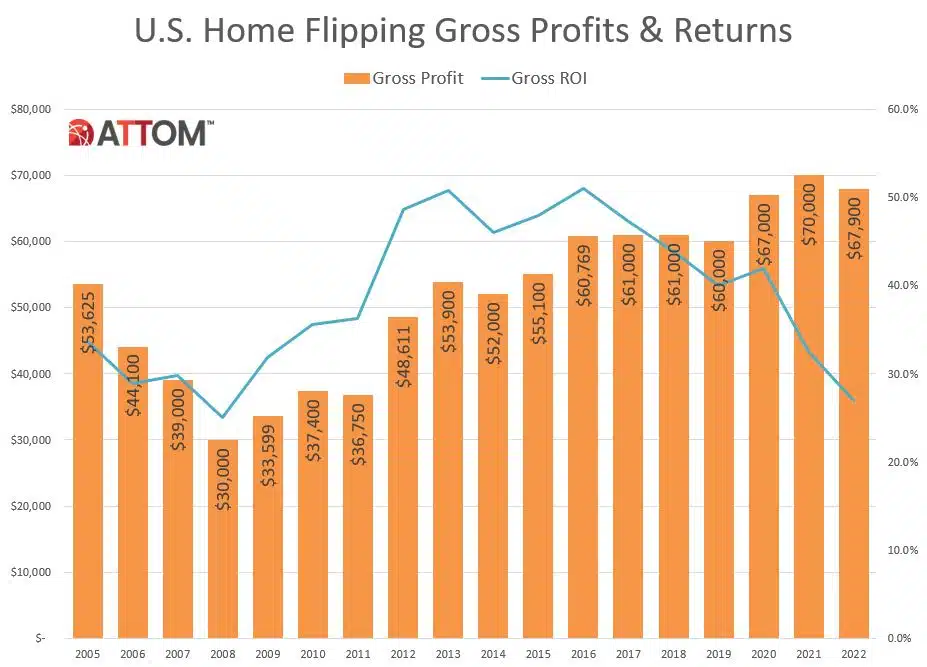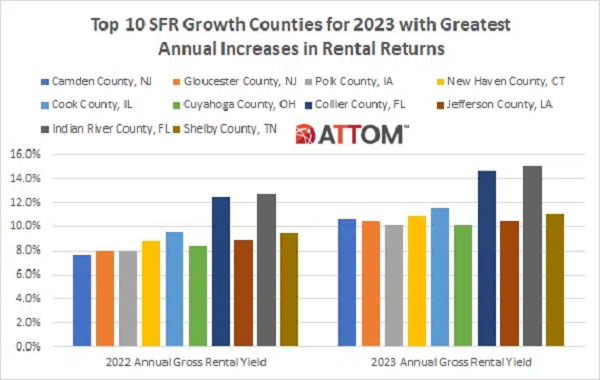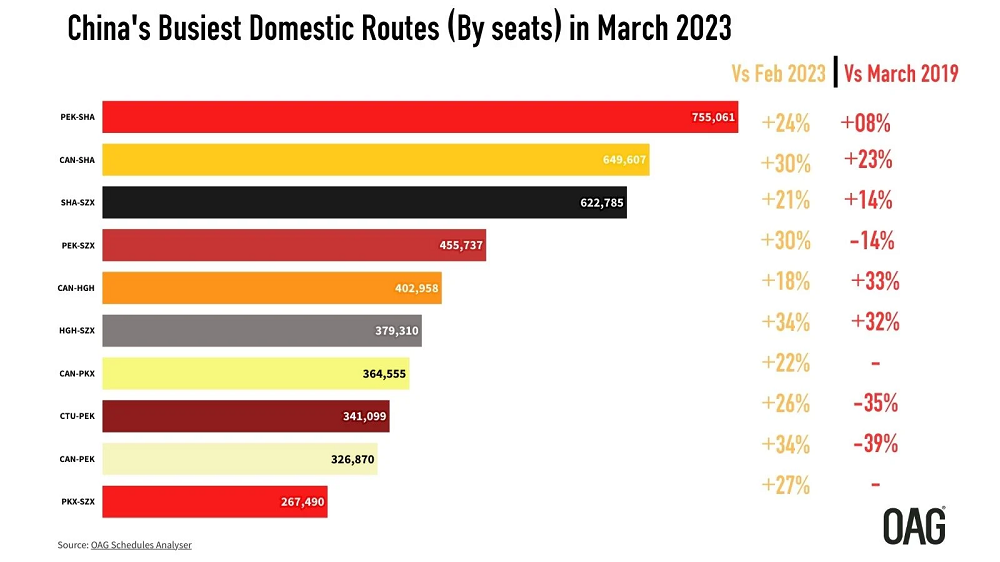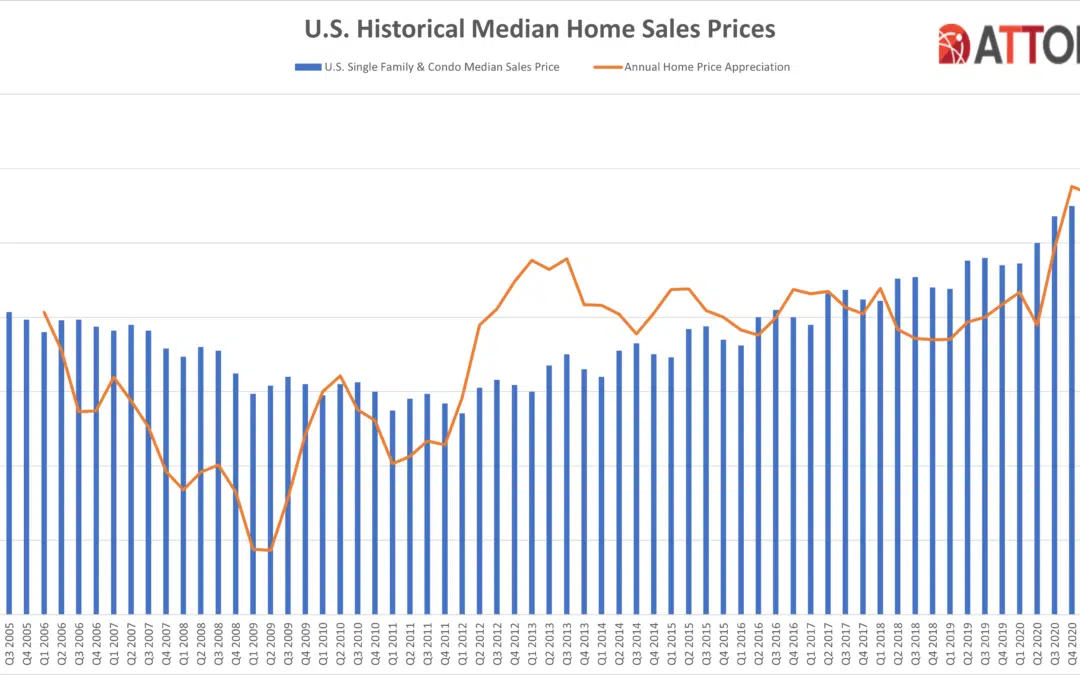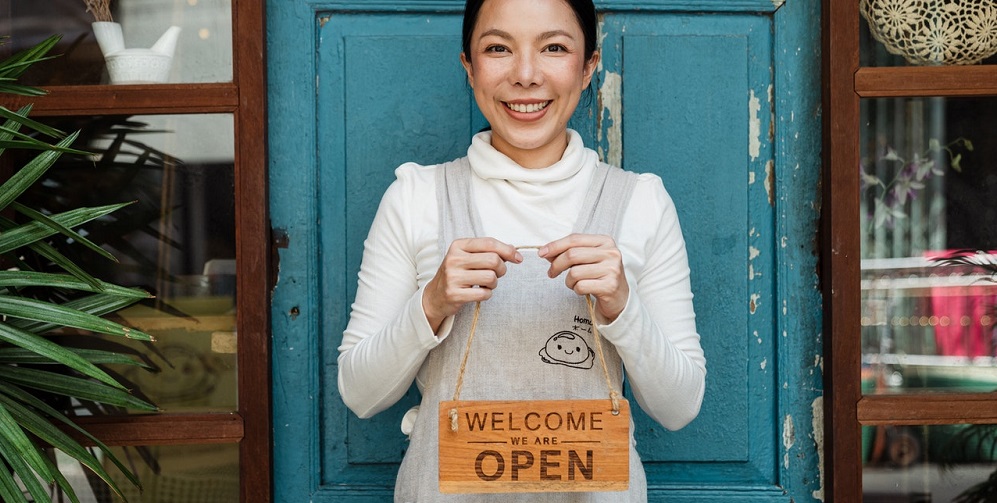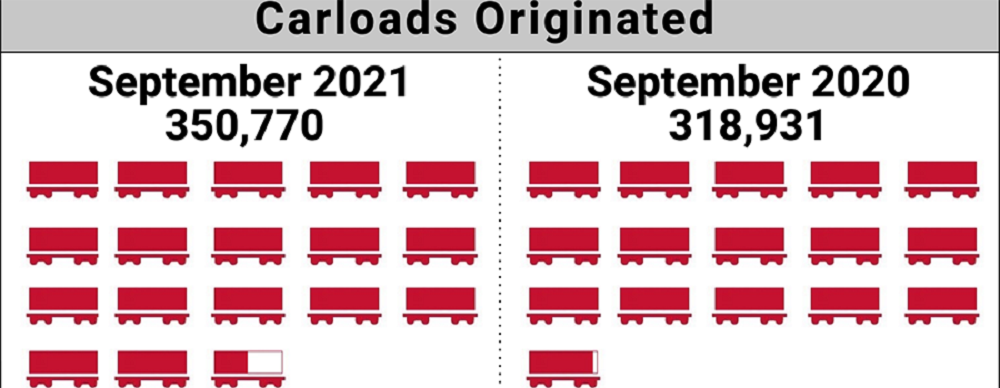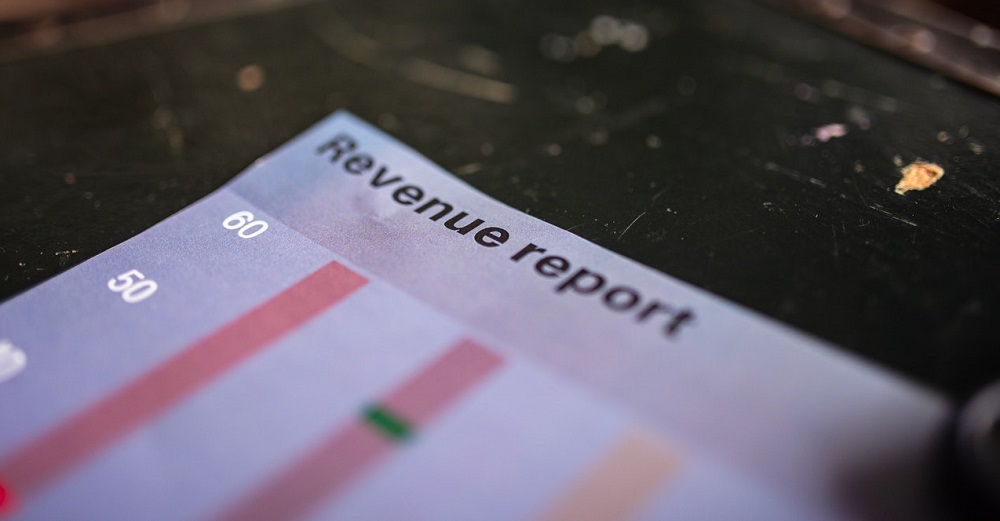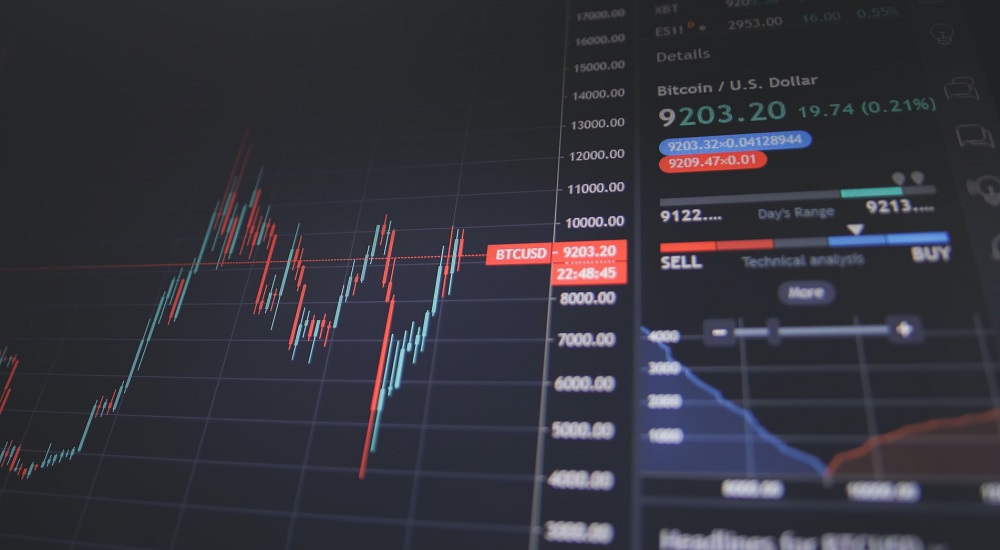ATTOM, curator of the nation’s premier property database, today released its third-quarter 2021 U.S. Home Sales Report, which shows that profit margins on median-priced single-family home and condo sales across the United States jumped to 47.6 percent – the highest level since the end of the Great Recession a decade ago. In yet another sign of how strong the U.S. housing market remains, the report reveals that the typical home sale across the country during the third quarter of 2021 generated a profit of $100,178 as the national median home price hit a record of $310,500.
Options for money transfers have expanded in recent years, as peer-to-peer platforms and cryptocurrency have grown in popularity as alternatives to traditional banks. Consumer transaction data reveals that Wise, formerly known as TransferWise, has accounted for a growing share of the money exchanged by U.S. consumers using international money transfer services, overtaking more established competitors like Xoom and Western Union.
Yesterday, Revelio Labs analyses were featured in Bloomberg’s article on crypto talent trends within Wall Street. Headcounts of cryptocurrency experts at large banks and financial firms tripled between 2016 and 2018. Wanting to know who these new crypto experts are and where they come from, we look at the industries of their previous roles. Surprisingly, these experts have overwhelmingly been forged on Wall Street itself, instead of Silicon Valley or research labs.
When it comes to how people consume fast food, the landscape has transformed dramatically since early 2020. While partnerships between fast food chains and food delivery companies have existed for years now, the use of online platforms — both third party and direct — for fast food purchases has skyrocketed in usage. As a recent McKinsey report noted, “Lockdowns and physical-distancing requirements early on in the pandemic gave the category an enormous boost, with delivery becoming a lifeline for the hurting restaurant industry.”
Supply shortages have been a hallmark of the pandemic. Not only is the U.S. facing a labor shortage, but many building materials are in short supply, slowing down new home construction and making it difficult for some sellers to prepare their existing homes for sale. The shortage in for-sale homes has driven the number of days homes are on the market to new lows in 2021.
As cryptocurrency has continued to rise in popularity, there’s been an acceleration of new and growing apps with capabilities to buy, store and sell crypto. This has also led to larger fintech providers adding crypto capabilities. For example, _PayPal_ launched its super app last month with new features to buy and sell crypto. Additionally, _Robinhood_ recently piloted a crypto wallet this month - which already has a waitlist of one million customers - as bitcoin becomes a larger part of its core business.
In this Placer Bytes, we dive into Destination XL and The Paper Store – two brands who have made impressive comebacks in 2021 – and take the opportunity to check in with the plus size apparel sector. At the height of the pandemic retail crisis, Destination XL looked particularly vulnerable. But as the country opened back up and consumers headed back to stores, the big and tall leader has made an impressive recovery.
As the IATA Winter Season starts there is plenty of good news around the globe with markets reopening and new air services being launched in many markets. All of this is great news for the Australian cricket team who seem on their way home from the UAE this week with nationals once again allowed to travel overseas; there is no truth that they will have a personal butler for their trip home, they had that on Saturday!
In 2020, millennials bought more cars than any other age group—and they were nearly twice as likely as boomers to complete the process entirely online. That’s largely thanks to the rising popularity—and expanding features—of car-buying apps. “Car sales are steeped in decades of traditions, regulations, and hard-sell tactics,” writes Sharon Carty at Car and Driver. “Although buying a car and making a large investment will always carry some level of stress, the changing way of doing business promises to make car sales lower-pressure events compared with the past
National home prices increased 18% year over year in September 2021, according to the latest CoreLogic Home Price Index (HPI®) Report. The September 2021 HPI gain was up from the September 2020 gain of 6.6% and was the highest 12-month growth in the U.S. index since the series began in 1976. The increase in home prices was fueled by low mortgage rates, low for-sale supply and an influx in homebuying activity from investors. Projected increases in for-sale supply and moderation in demand as prices grow out of reach for some buyers could slow home price gains over the next 12 months.
The CoreLogic Home Price Insights report features an interactive view of our Home Price Index product with analysis through September 2021 with forecasts from September 2022. CoreLogic HPI™ is designed to provide an early indication of home price trends. The indexes are fully revised with each release and employ techniques to signal turning points sooner. CoreLogic HPI Forecasts™ (with a 30-year forecast horizon), project CoreLogic HPI levels for two tiers—Single-Family Combined (both Attached and Detached) and Single-Family Combined excluding distressed sales.
The Great Resignation, as it’s been termed, has led to a record percentage of workers leaving their jobs and hiring troubles across most sectors. However, many of these individuals will need some source of income later on. Several reports indicate that a large percentage of those leaving their jobs may have done so to start their own businesses. In today’s Insight Flash, we examine where Business Owners are most likely to spend in order to identify which companies may see a benefit from this trend.
Welcome to the November Apartment List National Rent Report. Our national index increased by 0.8 percent from September to October, the lowest month-over-month growth rate since February. Although the pace of rent growth has slowed down significantly from its July peak, growth is still outpacing pre-pandemic trends, with rents continuing to rise during a time of year when seasonality normally causes prices to dip. Since January of this year, the national median rent has increased by a staggering 16.4 percent.
The COVID-19 pandemic has led to a shift in beauty and grooming habits, as exemplified by the rise of the quarantine beard and DIY haircuts. Men’s grooming subscription companies—both those that cater to clean-shaven customers and those that offer products for bearded customers—saw a higher percentage of new customers early in the pandemic compared to the same period a year before. In addition, Dollar Shave Club retains the crown for highest customer retention among a selection of DTC companies in the men’s grooming industry, while Bevel has the highest quarterly sales per customer.
The number of carloads moved on short line and regional railroad in September 2021 was up compared to September 2020. Carloads originated increased 10.0 percent, from 318,931 in September 2020 to 350,770 in September 2021. Nonmetallic Minerals led gains again with a 82.3 percent increase. Crushed Stone, Sand and Gravel was up 36.2 percent, and Waste and Scrap Materials and Metals and Products increased 28.3 and 27.2 percent, respectively. Motor Vehicles and Equipment led declines, down 26.5 percent. Grain was also down in September.
A year and a half after the initial lockdowns, we dove into the foot traffic of the fitness sector to see how visits to this hard-hit sector are recovering. Many gym rats discovered the convenience and cost-effectiveness of home workouts over the pandemic, leading some experts to predict that the COVID closures would mark the beginning of the end of gyms. But by summer, monthly visits were already inching closer to pre-pandemic levels, with year-over-two-year visit declines of just 3.2%, 3.3%, and 4.8% in June, July, and August, respectively.
Respiratory symptoms like cough and runny noses are on the rise in states west of Colorado, Kinsa data show, despite those symptoms waning in the rest of the country. California, Nevada, and Utah show signs of increased RSV activity, and Nevada is also showing some signs of increased flu activity. Many of these states also show an increase in the number of fevers compared to this time of year in a typical illness season. Like we discussed last week, nationally, fevers are lower than expected for this time of year.
A Multiplayer Online Battle Arena (MOBA) game, according to App Annie’s Game IQ, originally published by Riot Games (Tencent), League of Legends: Wild Rift has surpassed the major milestone of seeing over $150 million in consumer spend across the world as it marks one year of its global rollout. The game first launched in October 2020 as a regional open beta in key markets across Asia Pacific such as Japan, South Korea and Southeast Asia. The rollout further expanded to the Americas, Europe, Middle East and Russia in March 2021 before finally being released in China in early October 2021.
Notable Hit 1: (ECL:NYSE) On Tuesday October 26 , 2021 Ecolab Inc. (ECL) posted better-than-expected revenues of $3.32bn beating the consensus estimate of $3.28bn (-1.27%) and in the same direction as Advan's forecasted sales. The revenue was +10% YoY - Advan's foot traffic data captured an increase in employee foot traffic of +3.3% YoY at its factories for Q3 2021. As a result of beating the sales and EPS, the stock closed at $230.28, up +3.9% from its previous day's closing price.
For the week ending 23 October, U.S. hotel occupancy tumbled slightly to 63.9% from 65.0% in the previous week. The decline was driven mostly by a weaker Sunday, down five percentage points week on week, after Sunday had driven the previous week’s performance due to the Columbus Day holiday. The weekend was also soft, falling two percentage points after dropping one percentage point in the previous week. There is good news, however. Monday through Thursday occupancy improved for a third consecutive week, which we believe is a result of rising business travel.








